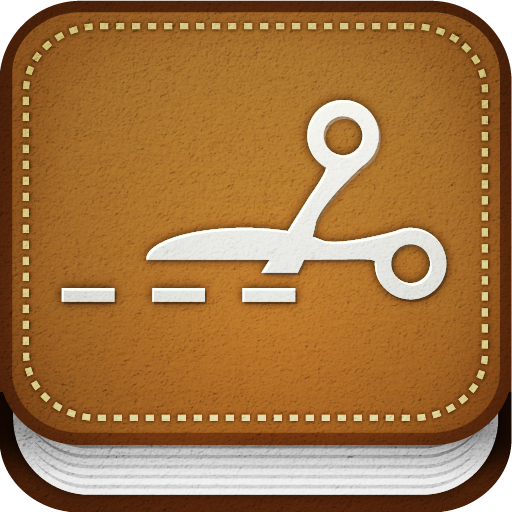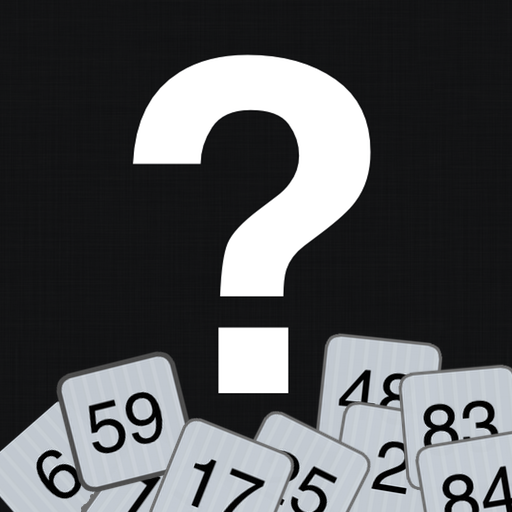
How To Market Your App: Five Tips From Marco Arment
December 10, 2011
Marco Arment is an industrious guy. When not hard at work on his massively popular Instapaper service, he's busy posting insight to his personal blog and refining its custom-built Second Crack engine.
And when he's not doing that, Arment's hosting the "Build and Analyze" podcast with friend and 5by5 founder Dan Benjamin.
In the latest episode (number 54, "Snob Blend"), Arment and Benjamin share a handful of tips on how up-and-coming developers might gain traction and visibility (and sales!) for their apps.
Suggested by developers in the show's listening audience, the following points made it to air:
Free Versions and Holiday Themes
While traditional ads and marketing are an option, Steven Baughman of ScrapPad says,The only thing that got us any traction was releasing free versions of our apps that encouraged people to buy the paid app. We released...new free version(s) themed around most major holidays. This allows us to catch the wave of buzz around the holiday, and Apple tends to feature these apps a lot in their weekly promotions.Though applicable only to certain apps like ScrapPad (a scrapbooking app able to release free holiday "packs" to demo the full version on a limited, thematic basis), the strategy is sound. Baughman claims a buy-in rate of four percent on his free wares, which is comfortably higher than the industry average.
Don't Make Games
Benjamin Mayo, creator of Bingo Machine, believes that "hobbyist, low budget" game development is a disastrous business proposition. Why? Because advertising any such product "rarely results in a positive ROI," and traditional App Store keywords and naming conventions make it virtually impossible for browsing customers to find your game. Instead, Mayo opines,My advice for advertising an app on low budget would be to [make] an app...that has an obvious name that represents what the app does. ... Abstract brand creation on the app store is hard. Stick to something that clearly describes what the app does so people find it as they look for a solution to that problem.Arment agrees that, for the sales-minded developer, games represent a much greater risk than other types of apps. However, he's a bit trepidatious to recommend this route, saying there's "so much competition for those words" that customer searches will often drown you out. Still, if the app name is unique and specific enough, this approach ought to help.
A Dash Of Explanation?
One suggestion, coming from the podcast's message boards, is that developers make even more use of the admittedly annoying "name-dash-description" app title. For instance, Instapaper could instead be called Instapaper -- Save Interesting Web Pages For Reading Later. Aside from being unattractive and counterintuitive from a branding standpoint, Arment doesn't like the idea--It almost "feels like spamming" the App Store, he says. And, since almost all App Store browsers are browsing from the device (iPhone, iPad, iPod touch),[i]f the title is too long to fit, it just gets truncated, and they put an ellipsis on the end.In other words, such inbuilt title descriptors will hardly ever matter, and you're better off sticking to a simple, fun name for whatever you make.
Nothing Beats An Apple Promotion...
Box Cat creator Rusty Moyher didn't need to spend big to get the word out. Apple featured his retro arcade game in its New and Noteworthy section, and, he says, that's "better than any promotion you can buy." Arment agrees, expounding (and expanding) on the matter that Instapaper, too, sees its biggest sales during various Apple promos and iOS product launches. In support of the latter, Arment says,My sales correlate directly...to how [strong] Apple's device sales are. ... I get the feeling most people, when they buy a new phone, they go and browse through apps, and they're kind of already in a spending mood so they're less price sensitive.
...Except For A Brilliant App
Moyher has one more thing to add, and it's the most helpful tip of all:Apple only promotes apps that make iOS look good.It's pretty straightforward, explains Arment. Apple loves to show off the beauty of iOS and the apps that comprise its industry-leading ecosystem. And, since Apple's always running promotions, assembling "Best of" hubs, and curating top lists, its employees (reviewers and screeners) are in constant need of fresh new apps that "follow the Apple aesthetic" and utilize "a new technology that Apple wants to push and show off." Arment reminds us:
If youre one of the very first apps in the store that makes good use of [a new API], you're almost definitely going to be featured.
Climb Up The Charts!
So there you have it--five tips from one of the App Store's most successful entrepreneurs. Certainly, they're not all you'll need to produce popular, game-changing or (game-playing) code, but these pointers should help get your app going on the right track. Marketing, after all, is a precipitous business built on the teetering balance of risk and reward. It's not for the anxious or easily-deterred, and nothing--not even the old tried and true--is ever guaranteed. You'll need good branding, a little help, a lot of luck, and a load of patience. So, what now? Arment's conclusion is short and sweet:I think I'm done with app marketing for a while.Me too, Marco.




